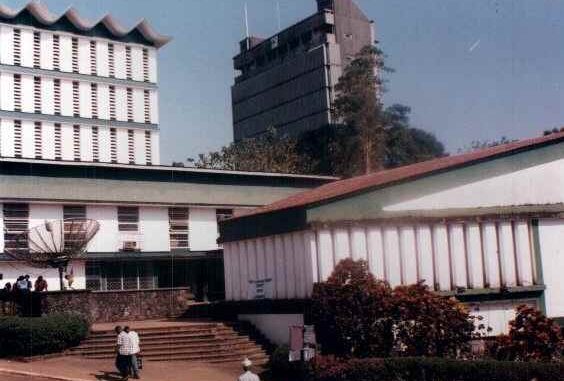
Fourah Bay College, once the premier university in West Africa, is about to benefit from massive funds from the OPEC Fund For International Development, which is providing loans and grants to some African countries.
According to a release issued here, the loans and grants for the 13 African countries stand as follows:
DR Congo: US$8million to the Kinshasa Roads Network Rehabilitation to pave around 13km of roads in Kinshasa city and install drainage works.
Djibouti: US$3million support to the Economic Development Fund of Djibouti to help entrepreneurs start and/or expand their own businesses through the issuance and management of around 500 loans to SMEs and young graduates.
The provision of institutional support to the Development Fund is also planned.
Egypt: US$35million to modernize irrigation infrastructure in four governorates in a bid to improve water efficiency, increase yields and boost incomes of smallholder farmers.
The release added that “this will, in turn, help reduce poverty levels and increase food security for about 70,000 people.”
Kenya: US$15million to provide the population with access to modern, clean and affordable energy services through the expansion and upgrading of energy-related infrastructure.
It will result in around 300,000 new connections for households, small businesses and public institutions.
Madagascar: US$18million to improve 105km of roads in the Atsimo-Andrefana region, an area with high poverty levels.
Furthermore, Madagascar’s National Institute for Accounting and Management Construction will receive US$3.5million to build a seven-storey facility that will expand the capacity of the current institute by 400 enrolments.
According to the release, this will help strengthen the country’s higher education sector, and in turn contribute to the overall economic development of the country.
As for Sierra Leone, the development project of the Fourah Bay College will receive US$13million to enhance the quality of higher education by expanding and rehabilitating existing facilities, thus increasing admission levels and providing more opportunities for students to secure good jobs.
Tanzania: U$8million to provide potable water supplies to around 43,000 people living in Orkesumet City and neighbouring villages through the construction of water-related infrastructure.
The OFID also issued three grants totalling over US$1.4 million to support:
•The African Rescue Committee with US$300,000. Integrated Livelihood and WASH Support for Drought Affected Communities in Somalia to improve access to water, sanitation and hygiene services and improve productive infrastructure for drought affected households, representing around 35,000 individuals.
•Austrian Development Agency gets US$506,000 for the Southern African Solar Thermal Training and Demonstration Initiative – Phase II.
This is meant to promote the application of solar technologies in Mozambique, Namibia, and Zimbabwe through the provision of training and capacity building; awareness campaigns; and, installation of solar demonstration systems in targeted areas.
The World Health Organization gets US$600,000 for Water, Sanitation and Hygiene Interventions for Cholera Prevention and Control in Chad and Cameroon. The project aims at preventing cholera and other water-borne diseases for around 140,000 people.


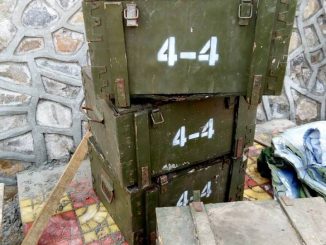
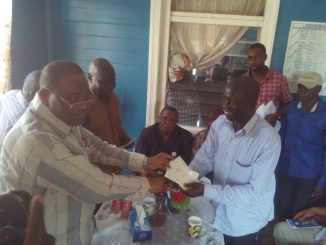
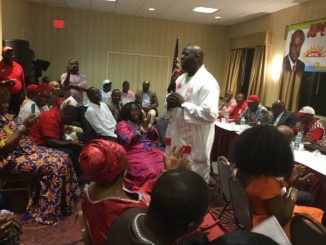
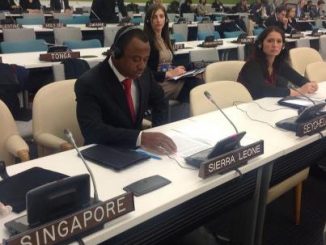
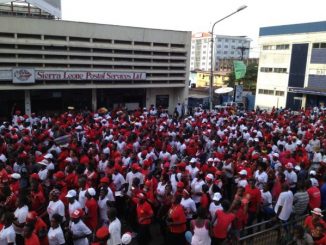

Leave a Reply